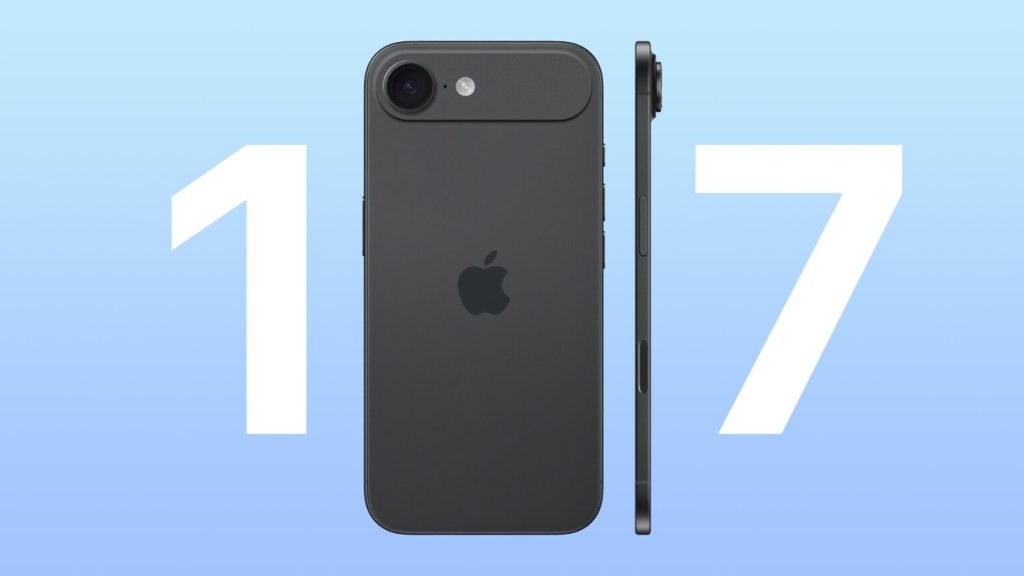AI Revolutionizes Healthcare Efficiency

Imagine a world where advanced technology alleviates the pains of healthcare inefficiencies. It’s not far off. AI is steadily reshaping how we approach medical challenges, offering profound solutions. With the promise to transform healthcare, AI tackles waste and inefficiencies, providing hope for patients and professionals alike.
Every year, millions of healthcare claims are denied, adding unnecessary burdens. AI technology is poised to streamline this process, potentially saving billions. As administrative tasks become more cumbersome, AI enters the scene as a powerful ally. Companies are eager to integrate this technology to enhance healthcare systems.
AI Tackles Administrative Challenges
AI is stepping up to resolve hefty paperwork issues in healthcare. With the introduction of advanced AI tools, generating appeals for denied claims is becoming automated. This technology saves time for healthcare providers, allowing them to focus more on patient care, rather than the bureaucracy.
The healthcare sector, burdened with excessive administrative tasks, could see a transformation. Waystar, a healthcare tech company, is pioneering efforts to use AI in resolving insurance claims. Their new AI tool promises to handle appeals efficiently, tackling the $20 billion paperwork problem in the industry.
Tech Giants Making a Mark
Big tech companies like Nvidia and AWS are venturing into AI-driven healthcare solutions. They are joining forces with healthcare leaders to enhance AI applications in the sector. This collaboration signifies a shift towards more efficient and accessible healthcare for everyone involved.
Nvidia has announced its partnership with Illumina and Mayo Clinic, focusing on genomics. Meanwhile, AWS is integrating AI companies to broaden access to quality healthcare. Such efforts highlight a collective move to address inefficiencies and drive advancements.
Economic Impact of AI in Healthcare
AI’s influence is not just limited to solving problems. It holds the potential to generate vast economic benefits for the healthcare industry.
Expected to reach a whopping $188 billion by the decade’s end, the AI healthcare industry is booming. This economic surge reflects the high demand for efficient, tech-driven solutions in healthcare, aligning with broader technological trends.
As AI solutions gain ground, the integration of these technologies could significantly lessen healthcare costs. The anticipated economic windfall signifies a promising future for both providers and patients, boosting overall wellbeing.
AI Mitigating Healthcare Waste
Healthcare waste is a major issue, often inflating costs unnecessarily. However, AI is emerging as a strategic tool to tackle this problem.
Focus on waste reduction could lead to substantial cost savings across the industry. As AI technologies advance, their application in waste management shows promise, offering a sustainable path forward.
By addressing waste, AI ensures better allocation of resources, enhancing the quality of care. The ripple effect of these innovations holds potential for transformative change.
AI’s Role in Drug Discovery
Drug discovery is another area where AI is making significant strides. By using AI to analyze data, researchers accelerate the development of new treatments, bringing them to market faster.
AI helps in identifying patterns and predicting outcomes, reducing the time and cost required in drug trials.
This technological intervention not only expedites the discovery process but also enhances the accuracy and effectiveness of treatments. The integration of AI in this field could revolutionize how medications are developed, promoting healthier populations.
Bringing AI into Everyday Healthcare
AI is becoming a part of everyday healthcare experiences, influencing diverse areas from imaging to diagnostics. As AI capabilities expand, they enable more precise and personalized medical attention.
Advanced imaging techniques powered by AI offer clearer insights, aiding diagnosis and treatment planning. In diagnostics, AI provides data-driven support, improving precision and outcomes.
Through AI, healthcare becomes less reactive and more predictive, enhancing the capability to address health issues proactively. Such advancements are shaping a new healthcare paradigm.
Life Beyond Red Tape
The integration of AI into healthcare promises a future where medical professionals spend less time on paperwork and more on patient care.
The reduction in bureaucratic overhead is already being felt in many domains, leading to more dynamic and efficient healthcare systems.
By automating redundant tasks, AI frees up valuable time and resources. This shift allows medical staff to better serve patients, fulfilling the core mission of healthcare.
Challenges and Future Path
While AI offers vast potential, it also brings challenges related to implementation and ethics. Navigating these challenges is crucial for successful integration.
Ethical considerations, data security, and technology costs must be addressed as AI becomes more prevalent. These issues require careful planning and responsible application in healthcare settings.
Despite hurdles, the ongoing dedication to improving AI tools promises a bright future. Consistent development and adaptation will ensure the successful merging of AI with healthcare, unlocking unprecedented potential.
The Road Ahead for AI and Healthcare
As we look to the future, AI stands to redefine healthcare. Its continued integration promises to enhance outcomes and access to quality care, providing a lifeline for evolving healthcare systems.
With proper guidance and adaptation, AI could address many persistent challenges in healthcare. The journey is complex, but the destination is clear: a more efficient, effective healthcare landscape.
The future looks promising as AI paves innovative paths, reshaping healthcare. Embracing these changes will drive positive outcomes, ultimately benefiting patients and professionals alike.
AI’s impact on healthcare efficiency is undeniable, offering solutions to significant challenges. As technology evolves, it promises a future of improved care.
The journey towards integrating AI in healthcare has just begun, yet it holds immense potential for enhancing healthcare services and reducing waste.





